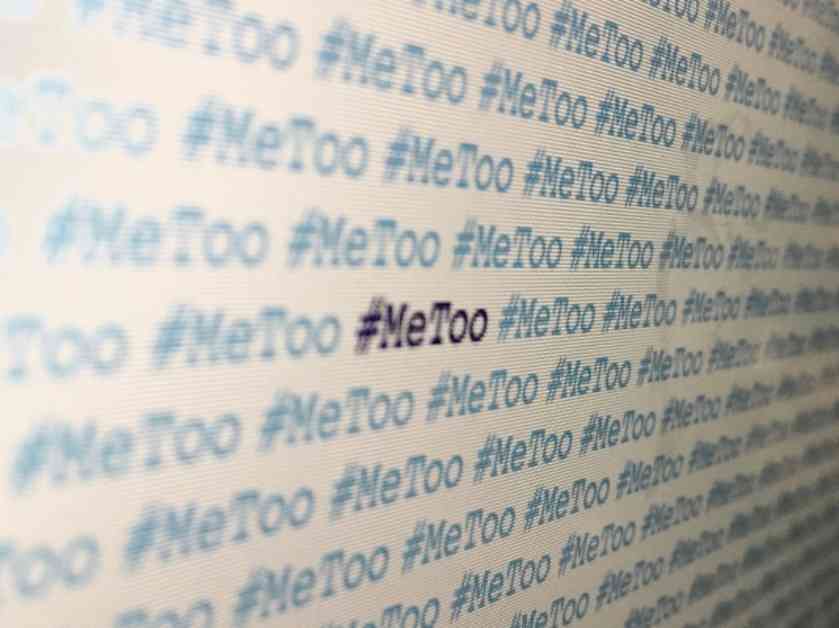In May 1959, a tragic incident involving a 19-year-old tea-picking woman named Suching Lin brought attention to the issue of sexual harassment in Taiwan. Lin’s father accused a man named Fu Zhong of inappropriate behavior towards his daughter, leading to her untimely death. This event, along with other reports of sexual misconduct in the 1950s and 1970s, shed light on the prevalence of such incidents in society.
Fast forward to late May 2023, when a wave of #MeToo posts surfaced on social media platforms in Taiwan. These posts, detailing personal experiences of sexual harassment and assault, marked a significant shift in the way such incidents were addressed. Unlike in the past, where victims suffered in silence and relied on others to seek justice, individuals now had the opportunity to share their stories, seek legal recourse, and find support through social media channels.
The evolution of terms used to describe sexual misconduct, from “tiaoxi” and “guaisho” to “sexual harassment,” reflects changing attitudes towards women’s rights and bodily autonomy in Taiwan. While the introduction of the concept of sexual harassment in the 1980s marked a step forward in addressing such issues, there are still lingering challenges and misconceptions surrounding the topic.
The #MeToo movement, which gained momentum in 2023, highlighted the prevalence of sexual violence against women and the need for a more inclusive and supportive approach to addressing such incidents. While social media platforms provided a space for victims to speak out, there are still limitations to relying solely on these channels for justice.
Despite advancements in the language and understanding of sexual harassment, many victims continue to struggle with feelings of shame and contamination. The long-standing emphasis on women’s chastity and purity in Chinese culture has contributed to a sense of moral compromise and damage for victims of sexual misconduct.
As we reflect on the changing landscape of sexual harassment in Taiwan, it is crucial to continue advocating for the rights and dignity of all individuals. The #MeToo movement has sparked important conversations and brought attention to the need for a more comprehensive and empathetic approach to addressing sexual violence in society.












